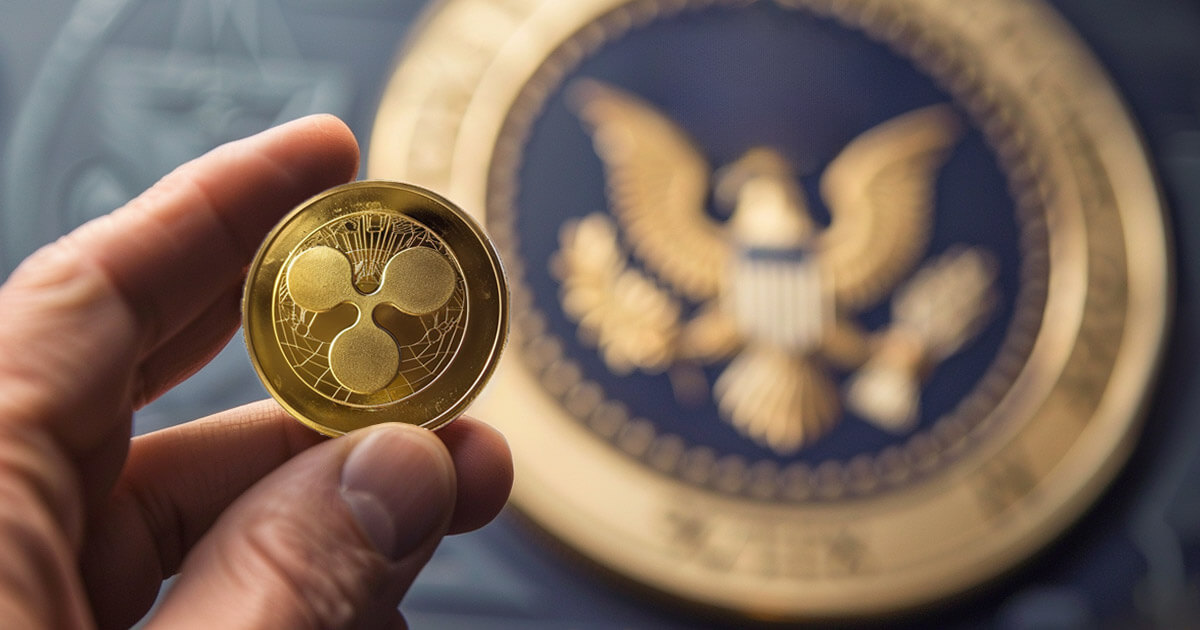Asset manager Bitwise filed for an XRP exchange-traded fund (ETF) on Sept. 30 with Delaware’s Division of Corporations.
The document consists of a registration for a Delaware statutory trust, a legally recognized trust set up for business.
Bitwise CIO Matt Hougan confirmed the development and told CryptoSlate that more information would be released in the coming days.
The most infamous example is the Grayscale Bitcoin Trust, which was turned into an ETF in January this year. Notably, Grayscale introduced an XRP trust on Sept. 12.
The XRP-related movements follow the end of a four-year-long dispute between XRP’s issuer, Ripple Labs, and the US Securities and Exchange Commission (SEC).
Ripple was fined $125 million as a result of the SEC’s partial win in a motion for remedies.
However, District Judge Analisa Torres from the District Court of the Southern District of New York did not consider XRP offerings to retail as selling of unregistered securities.
Despite the positive development, XRP price is still following the broad market movement and sits at $0.6117 at the time of writing, down by 2.6% over the past 24 hours.
Difficult task ahead
Approving a new crypto-related ETF that isn’t tied to Bitcoin (BTC) or Ethereum (ETH) might be a difficult task.
Nate Geraci, CEO of The ETF Store, stated on Sept. 12 that receiving a green light from the SEC for XRP ETF trading would need political help.
On a similar tone, Bloomberg senior ETF analyst Eric Balchunas claimed that the chance of a Solana ETF being approved in the US is equal to
“a snowball’s chance in hell.”
Balchunas’ remarks came after asset managers VanEck and 21Shares filed for Solana ETFs in late July, four days following the first spot Ethereum ETFs started trading in the US.
Furthermore, despite recently reiterating that Bitcoin is a commodity, SEC Chairman Gary Gensler refused to state what tokens can be considered securities in a Sept. 24 Congress hearing. The outcome of the Solana ETFs and the potential XRP ETFs under the SEC’s current leadership is still unclear.
